Vision loss is a major public health problem in the United States & around the world.
While precise estimates vary depending on source and definition, tens of millions of people in the United States report some form of a vision problem and nearly one billion people globally suffer from some form of vision loss. Alarmingly, these numbers are expected to more than double in the decades to come as the population ages and life expectancy increases. Beyond the incalculable cost of vision impairment on an individual level, recent estimates of the economic impact of vision problems in the United States alone are in excess of $138 billion, roughly $50 billion of which is due to lost productivity – people being unable to participate in the work force due to vision-related disability. In fact, vision disability consistently ranks as one of the top disabilities affecting adults and children according to the Centers for Disease Control and Prevention (CDC).
The vast majority of vision impairment, greater than 80%, is “curable” or preventable, although many conditions that ultimately lead to permanent vision loss are insidious & largely asymptomatic in the early, treatable stages. Timely examination of people at greatest risk is thus necessary towards prevention. Towards this, various agencies have recognized the need to address this dire public health problem. In a memo published by the nation’s foremost public health agency, the Centers for Disease Control & Prevention (CDC), the following was written:
“To address this growing concern, the Centers for DiseaseControl & Prevention (CDC) accepted this compelling and urgent challenge… Recognizing that vision impairment continues to erode the quality of life for significant numbers of individuals nationwide, especially those most vulnerable in our society including the economically disenfranchised, children, the elderly, and ethnic minorities, this (vision health) initiative is intended to function as a catalyst for bringing vision health into the public health arena, & to aid the public health community in its efforts to improve the nation’s vision health.”
Mentioned above is the fact that some members of society are more at-risk for vision loss than others; namely, individuals in economically disadvantaged communities, children, and seniors. It is recognized that differences in access to and effectiveness of care are likely to be the most important independent factors contributing to this disparity. Multiple published reports describe this and characterize factors that contribute to it. In one such report, a 2011 investigation by the CDC explored why adults (aged 40 and above) with visual impairment do not receive necessary care. The investigation reported, “lack of health insurance/ cost”, “lack of awareness (of a manageable problem)” and other issues such as transportation and the lack of an eye care provider as the major barriers to accessing care. The simple truth is that the people in our country who are most in need of eye care are not routinely getting it. While it is clear that increasing education and awareness of vision problems, and making vision care affordable and easy to access is a goal for public health organizations, the means to best achieve this goal has been elusive. The Will Grant Vision Foundation aspires to help.





